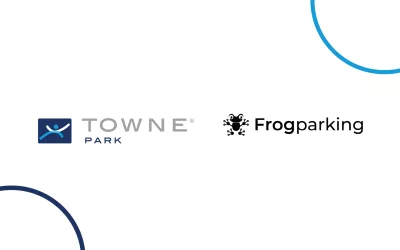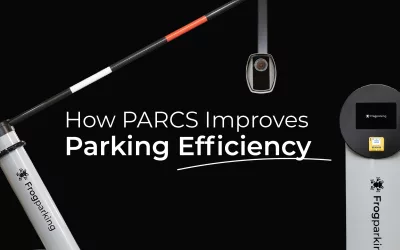Parking systems & why you should stop accepting subpar technology
Shareena Sandbrook
If I received a penny for every time I hear “yes, but our camera-based parking system also serves as a security system’, I’d be well retired by now.
I completely understand that efficiency and security are important to parking systems and operations. However, I feel it is so important that our industry understands the limitations of these systems. Likewise, the bold claims made by from suppliers. In my opinion, they are setting you up for eventual disappointment.
Over the last few years, I’ve seen the market flood with various camera-based parking systems.
I’ve also seen, concerningly, that some vendors are attempting to persuade customers that camera-based parking guidance systems can also serve as a security system. This poses significant shortcomings & potential risks to businesses.
While we are happy to ultimately replace these systems (after they undoubtedly malfunction). I think its important for the industry to understand why a camera-based parking guidance system is not the answer in the first place.
Firstly, camera-based parking guidance systems have limited coverage.
Parking guidance systems (PGS) are designed to focus on monitoring parking spaces. Opposed to the entire parking facility. This, in turn, leaves blind spots vulnerable to security breaches. Now, I am no ‘security-system-guru’, but it seems common-sense that you would need your security system to have good visual coverage of the entire area for it to be effective.
Secondly, although cameras capture footage, their primary function lies in providing visual guidance to free parking spots.
It is not designed to provide high-resolution security monitoring. Inadequate image quality may hinder both the guidance system, as well as the security system. It will not have the consistent quality required to clearly read license plate numbers. Nor facial features… which is generally essential for security systems.
Lastly, camera-based systems heavily rely on having lighting & weather conditions to perform well.
In poorly lit areas, during bad weather, during dusk & dawn or during nighttime, the effectiveness of these systems diminishes significantly. This will compromise security surveillance as well as accuracy. In essence, if you are going to invest in a parking guidance system, make sure you are discussing use cases with the vendor.
Any decent parking management company will advise you that LiDAR technology is the most reliable parking technology on the market for parking guidance systems. It clearly operates better in any lighting conditions, is less affected by the weather, and delivers real-time insights without accuracy compromises. They will also tell you that dual purposing a parking system will not produce ideal results for either purpose – parking guidance or security.
Until next time,
Shareena



